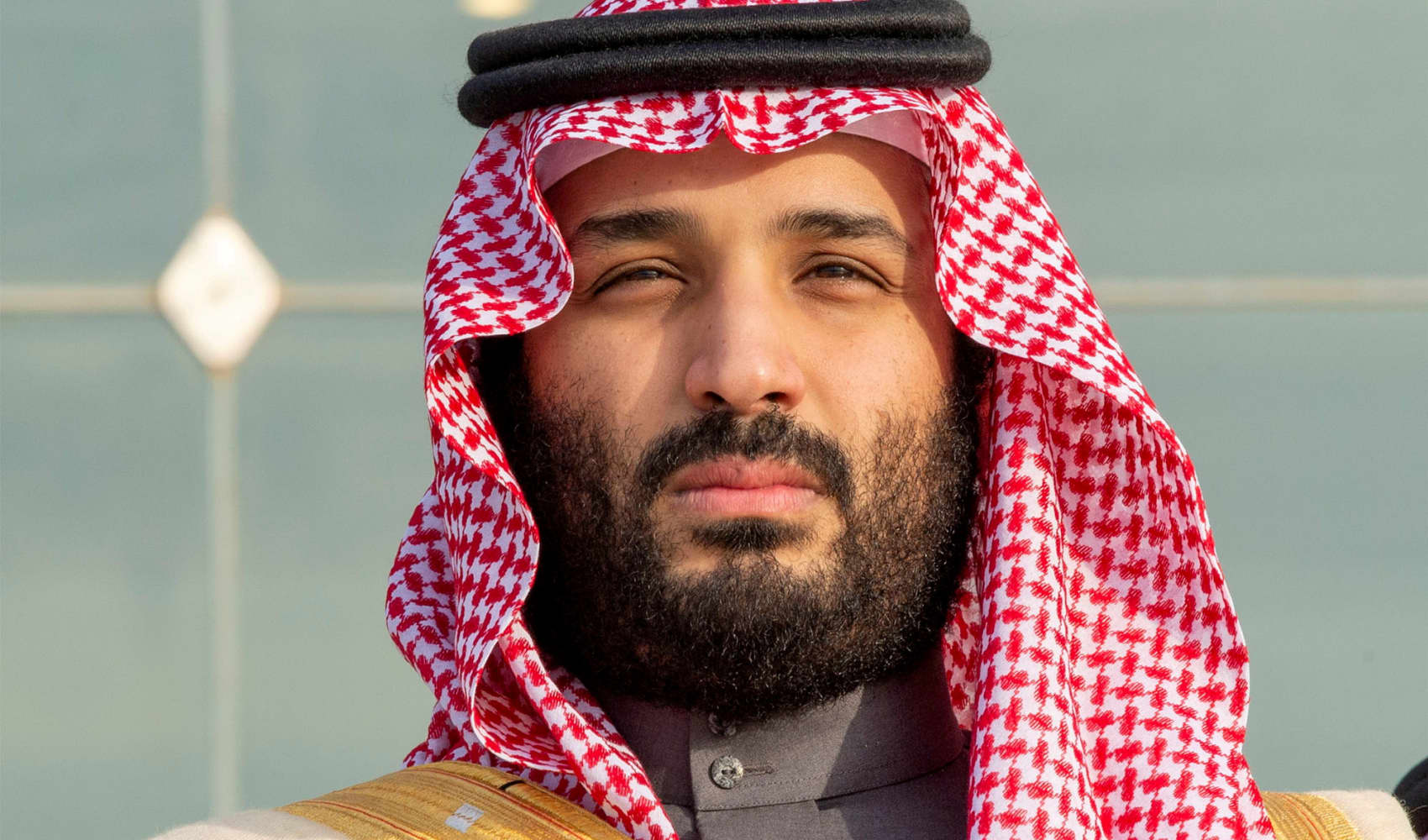
- The U.S. and China have been in a political tussle for years now — but other countries shouldn't have to choose one over the other, Asian leaders said at the Milken Summit this week.
- "This idea where you have to be either with China or the United States? No … I would want Malaysia to be closer to the United States, as much as we are very close to China," Malaysian Prime Minister Anwar Ibrahim said.
- "We reject dominance by any single power. We avoid exclusive commitments with any single party. We just want to be friends with everyone," said Singapore's Deputy Prime Minister Lawrence Wong.
- The administration's interest in Asia-Pacific has also grown exponentially this year, with U.S. President Joe Biden concluding trips to India and Vietnam days ago.
SINGAPORE — The U.S. and China have been in a political tussle for years now — but other countries shouldn't have to choose one over the other, Asian leaders said at the Milken Summit this week.
"All the countries in Southeast Asia, including Singapore, are friends with both China and the US. We have close links with both countries and we want to maintain those links," said Singapore's Deputy Prime Minister Lawrence Wong.
In the past, "countries didn't have to be friends to do business with one another. In fact, we promoted interdependence as a way for peace and stability. But that consensus is over," Wong said Wednesday at the 10th Milken Institute Asia Summit in Singapore.
Get top local stories in DFW delivered to you every morning. Sign up for NBC DFW's News Headlines newsletter.
"We reject dominance by any single power. We avoid exclusive commitments with any single party. We just want to be friends with everyone," Wong added.
His views were shared by Malaysia's Prime Minister Anwar Ibrahim.
"This idea where you have to be either with China or the United States? No … I would want Malaysia to be closer to the United States, as much as we are very close to China," Anwar said, who spoke in a fireside chat at the summit.
Money Report
"We, as ASEAN, have a role to play in engaging both U.S. and China, and we appeal to them to reduce tensions."
U.S.-China relations have been contentious for years and the economic powers have gone head-to-head in trade, technology as well as security policies.
There were glimmers of hope that U.S.-China relations would improve when U.S. President Joe Biden met his Chinese counterpart Xi Jinping in November at last year's G20 leaders' summit in Bali, Indonesia.
The two presidents spoke about the importance of working together to address transnational challenges —such as global macroeconomic stability and global food security, and agreed to make more constructive effort to keep communication channels open.
But progress was derailed in February when U.S. fighter jets shot down at least four high-altitude objects in the airspace above the U.S. and Canada.
U.S. Secretary of State Antony Blinken described the high-altitude unmanned vessels as "Chinese spy balloons," and claimed that "more than 40 countries have had these balloons go over their territory." Beijing denies the balloons were for spying purposes.
As a result, Blinken postponed his official visit to China.
He eventually met with Chinese Foreign Minister Qin Gang in June, as both sides sought to smoothen out the animosity between the two countries.
Reviving engagement
But perhaps conversations are slowly getting back on track.
Washington announced on Tuesday that Blinken may host China's foreign minister Wang Yi in the U.S. before year-end, Reuters reported.
Paul Haenle, who holds the Maurice R. Greenberg director's chair at the Carnegie Endowment for International Peace, said the "main driving feature of U.S.-China relations today is intensifying strategic competition — and that's not just in the technology realm, it's across the range of domains."
"High level dialogue is really important. Because when you have that strategic competition, you really need intensified diplomacy to make sure that it doesn't veer off into greater confrontation or conflict," Haenle said at Milken summit on Thursday.
The Biden administration's interest in Asia-Pacific has also grown exponentially this year.
The U.S. president hosted Indian Prime Minister Narendra Modi at the White House in June and a slew of deals in defense and technology came after their meeting. The duo had another bilateral meeting last weekend at the G20 leaders summit in Delhi, India, where they pledged to deepen the partnership between the U.S. and India.
As the U.S. and China jostled for influence in Southeast Asia, the Biden administration has "tried to listen, and tried to do things" to benefit for the region, and the region is "wide open" to that, Haenle said.
"China has taken aggressive actions to cause countries in the region not to abandon China and side with the U.S., but to reassess both challenges and opportunities," the political analyst said. "They desperately want to hold on to those benefits, but they see the risks."






